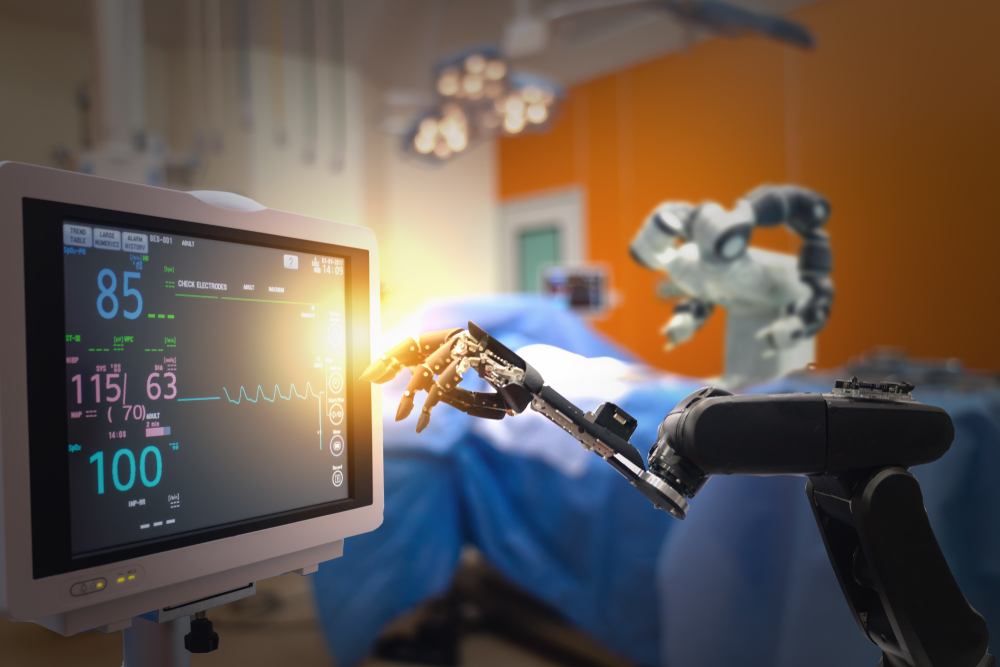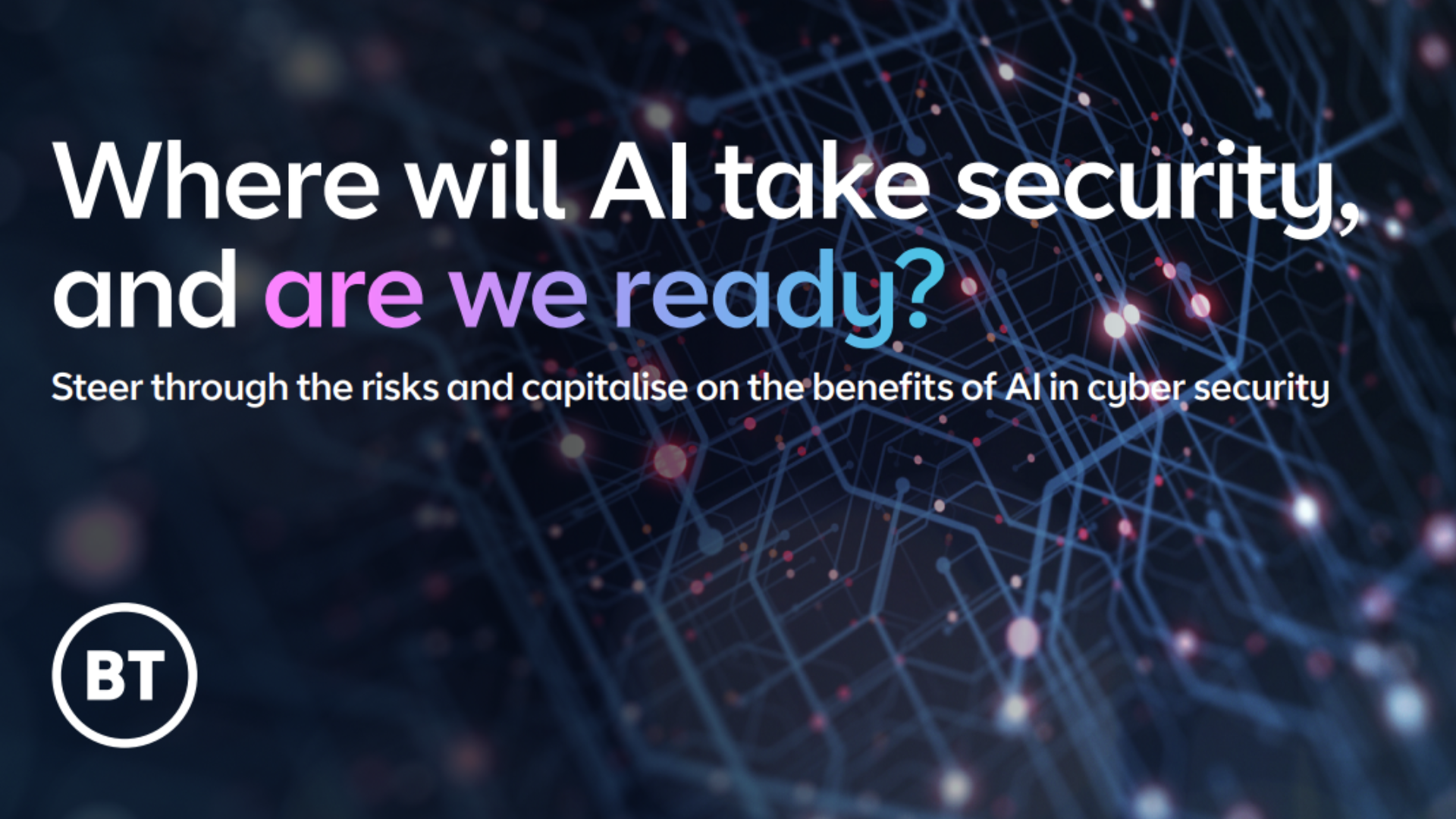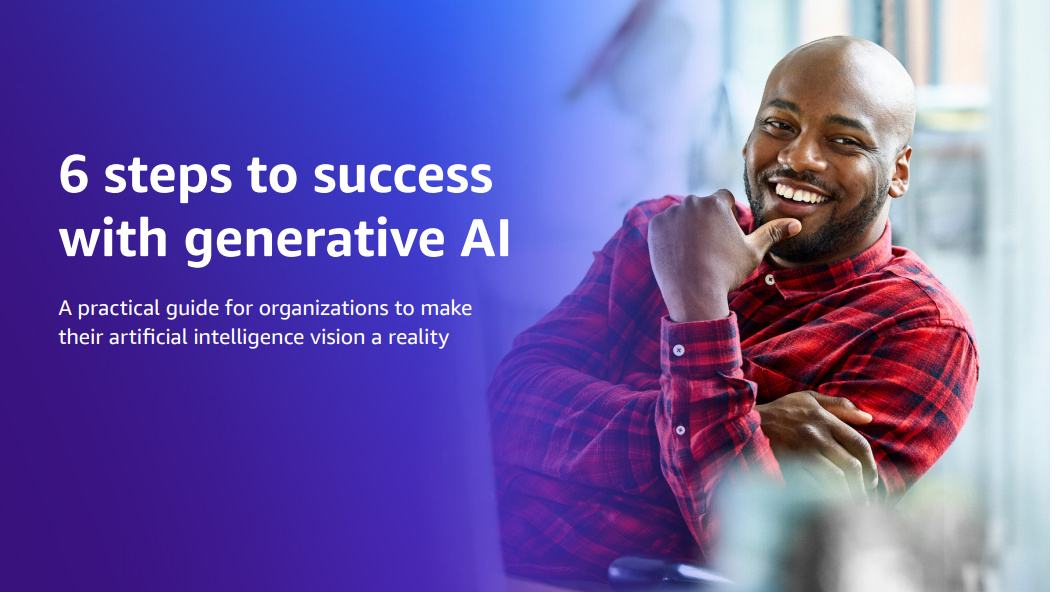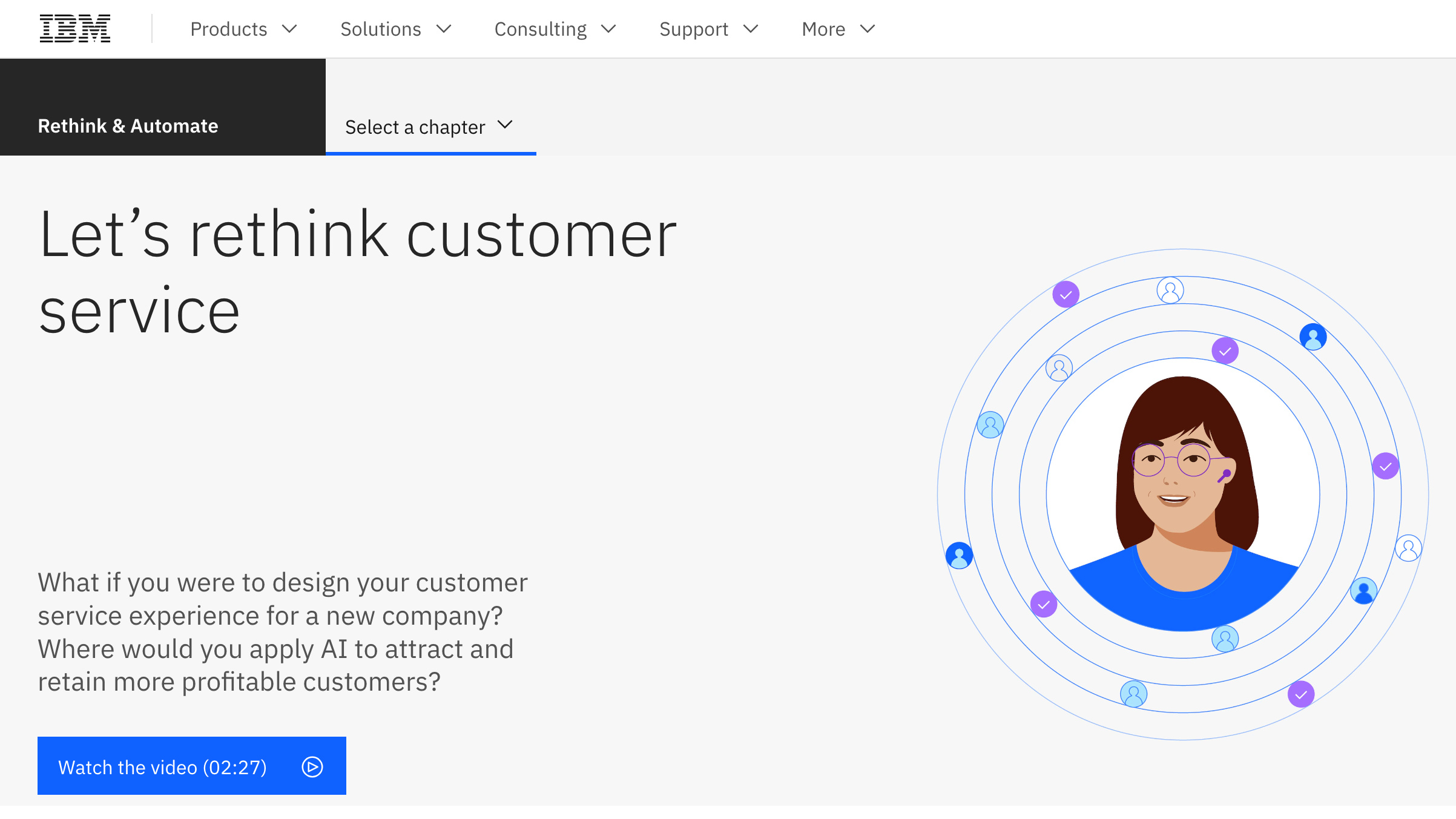NHS to reward hospitals for replacing clinicians with AI
Targeted financial incentives will span services such as diagnostics and outpatient appointments


The NHS will financially reward healthcare providers that can successfully use artificial intelligence (AI) systems to replace clinical tasks conventionally performed by humans.
Services like screening and diagnostics will be "carefully targeted" by a formalised rewards structure in a bid to fast-track the deployment of machine learning and similar technologies in front-line healthcare settings.
NHS England's chief executive Simon Stevens teased the policy at the Reform Health Conference this week, confirming that financial payments will be adjusted by April 2020 based on feedback and consultations.
The UK's most senior NHS manager suggested the payment mechanism could come in the form of a 'best practice' reward for machine learning in diagnostics and one for a reduction in outpatient appointments.
This will complement the NHS's Innovation and Technology Payment (ITP) programme, which came into force at the start of this financial year. The ITP is a competitive process designed to reduce financial barriers to adopting tech proven to be successful in clinical settings.
Speaking at the Reform Health Conference this week, Stevens said there was evidence that clinicians could be substituted with machine learning for a host of tasks such as radiography, where there is currently a severe workforce shortage.
"We are seeing an artificial intelligence revolution that will be a big part of our future over the next five years, with technologies that can cut the time patients wait for scan results and ease the burden on hard-working staff," said Stevens.
Sign up today and you will receive a free copy of our Future Focus 2025 report - the leading guidance on AI, cybersecurity and other IT challenges as per 700+ senior executives
"We're therefore kicking off a global 'call for evidence' for NHS staff and technology innovators to come forward with their best ideas for how we should adjust our financial frameworks to best incentivise the use of safe and evidence-based AI and machine learning technologies across the NHS."
NHS England also announced the deployment of four new innovations supported through the ITP, including 3D heart modelling and advanced blood tests. This also includes a handheld gadget that uses low-levels of electric current to reduce pain in those who suffer from cluster headaches.
Up to now the bulk of digital transformation across the NHS, including the use of automation, has been happening in the back office to increase efficiencies in this more traditional workplace setting. But there are a number of early indicators that AI will be rolled out in the front-line arena in the coming years, which is more challenging to infiltrate.
Nvidia, for example, announced a partnership with King's College in March to build an AI platform that will allow specialists to train computers to automate radiology workflows. This is exactly the sort of area of innovation that Simon Stevens referred to in his comments.
The prime minister Theresa May also allocated millions of pounds last year for the NHS to use AI in early diagnoses of cancer and chronic disease. She also called for the industry to come together with charities and healthcare providers to create predictive algorithms to underpin this.
IT Pro asked NHS England was asked whether there has been a relatively slow uptake of AI technologies so far, given the need to introduce financial incentives. NHS Digital and the Department for Health and Social Care (DHSC) were asked what work is being done to promote AI deployment in front-line healthcare settings.

Keumars Afifi-Sabet is a writer and editor that specialises in public sector, cyber security, and cloud computing. He first joined ITPro as a staff writer in April 2018 and eventually became its Features Editor. Although a regular contributor to other tech sites in the past, these days you will find Keumars on LiveScience, where he runs its Technology section.
-
 Modern enterprise cybersecurity
Modern enterprise cybersecuritywhitepaper Cultivating resilience with reduced detection and response times
-
 Where will AI take security, and are we ready?
Where will AI take security, and are we ready?whitepaper Steer through the risks and capitalize on the benefits of AI in cyber security
-
 Achieving business outcomes with generative AI
Achieving business outcomes with generative AIWebinar Take your hybrid cloud journey to the next level with generative AI
-
 Digital transformation in the era of AI drives interest in XaaS
Digital transformation in the era of AI drives interest in XaaSWhitepaper Driving the adoption of flexible consumption XaaS models
-
 Six steps to success with generative AI
Six steps to success with generative AIWhitepaper A practical guide for organizations to make their artificial intelligence vision a reality
-
 Maximize the value of generative AI for your organization
Maximize the value of generative AI for your organizationWhitepaper Harness generative AI's full potential
-
 Knowing where AI fits into your business before you invest
Knowing where AI fits into your business before you investSupported Incoming generative AI costs and security concerns make strategic adoption a must
-
 Let's rethink customer service
Let's rethink customer servicewhitepaper Discover new ways to improve your customer service process

